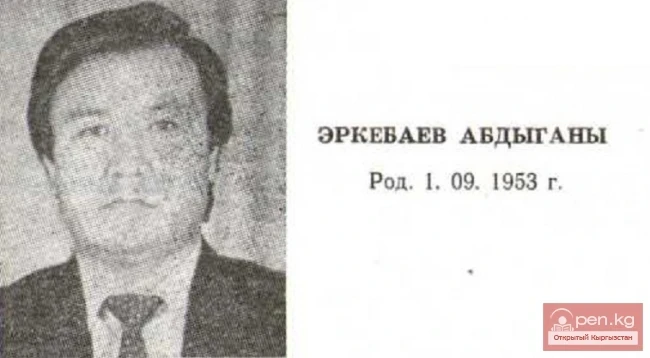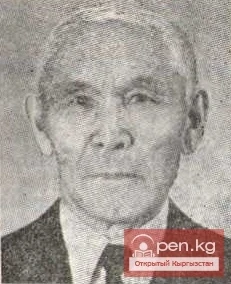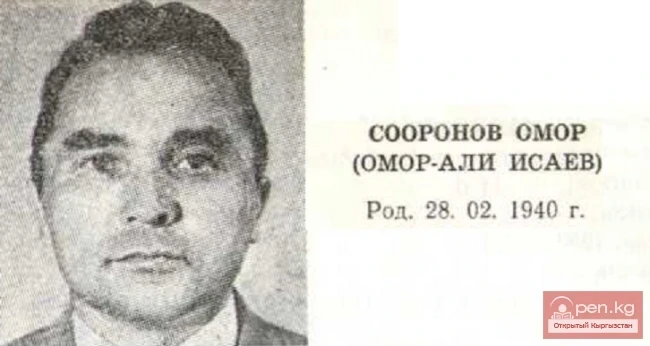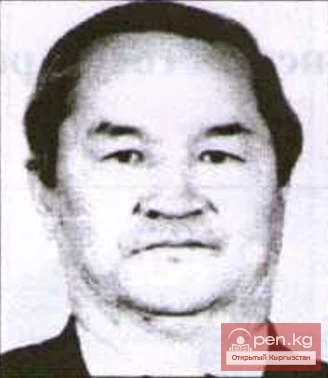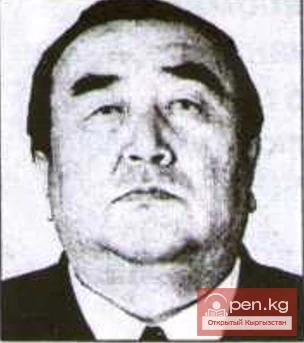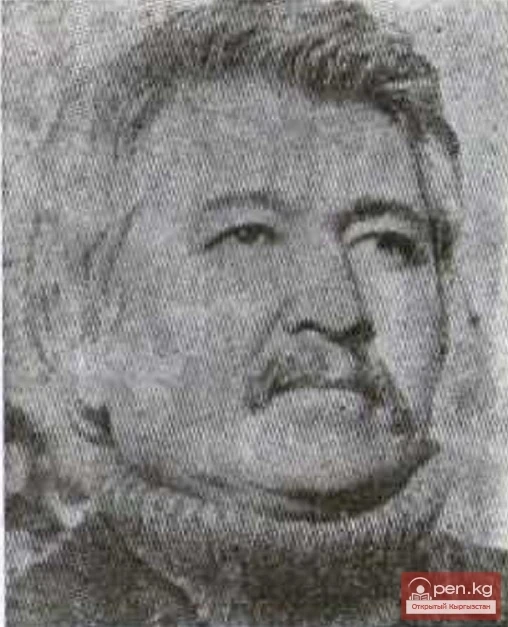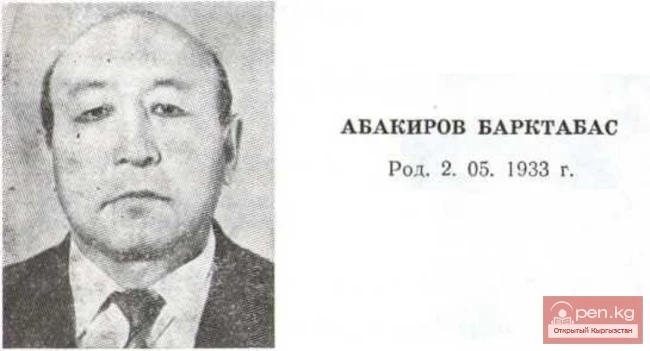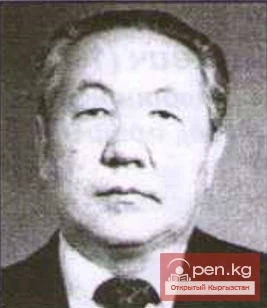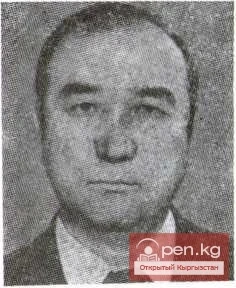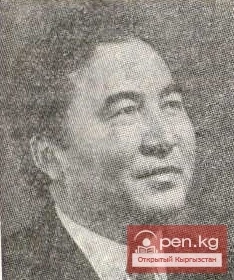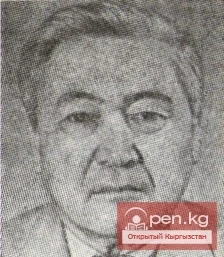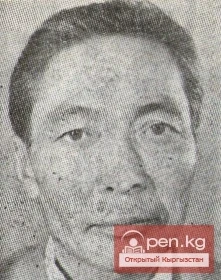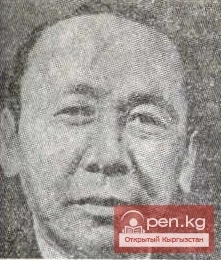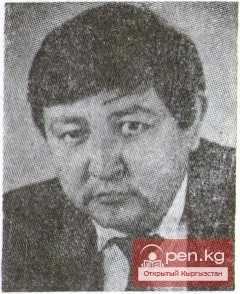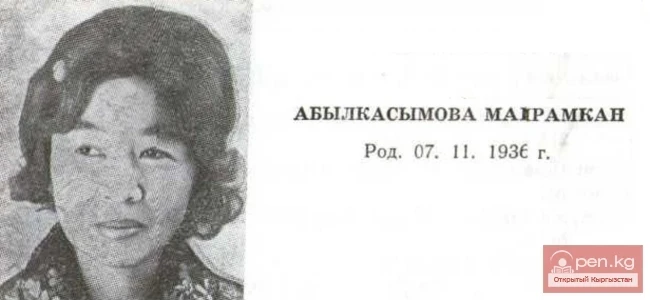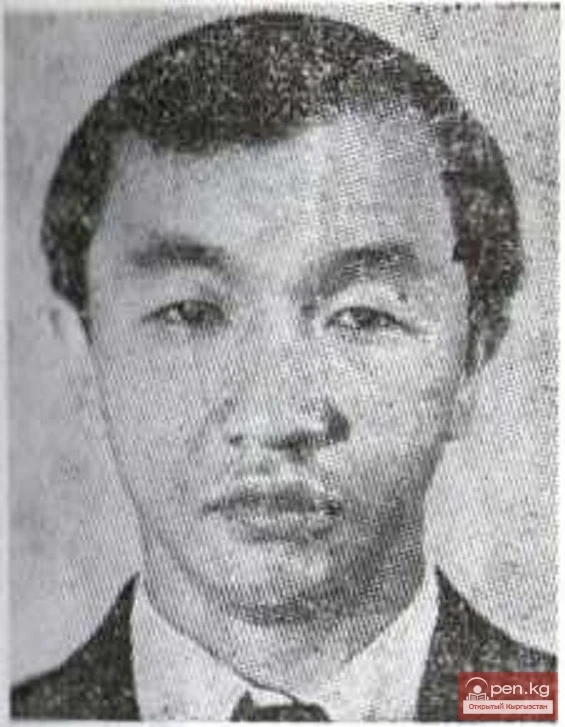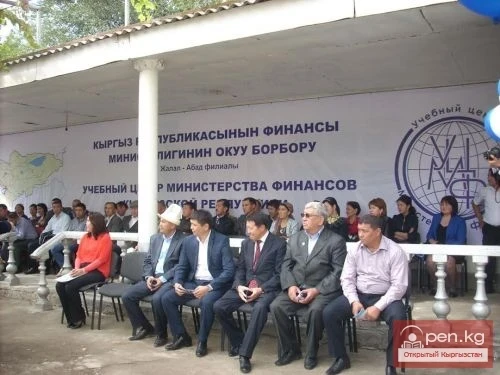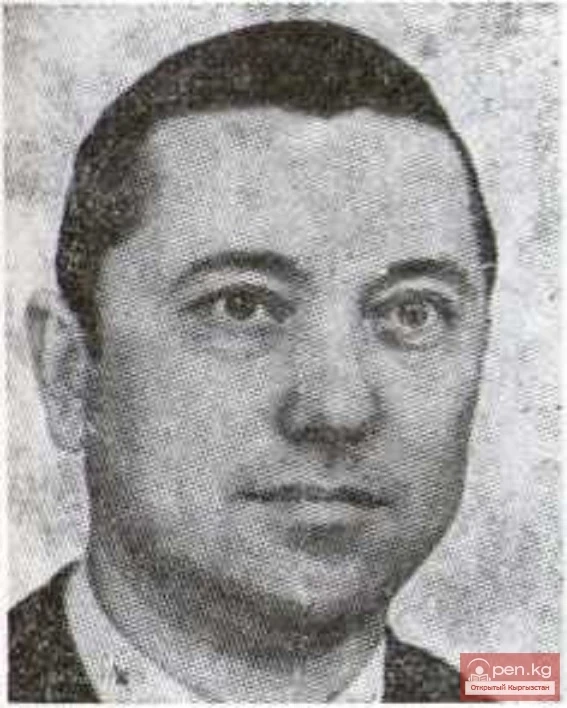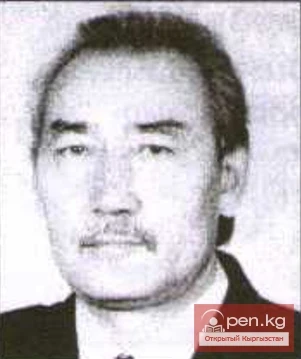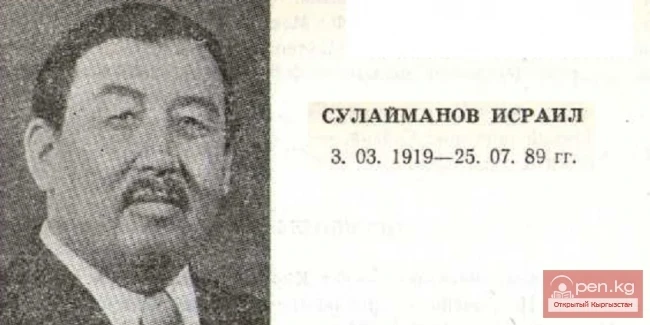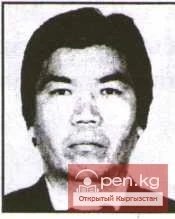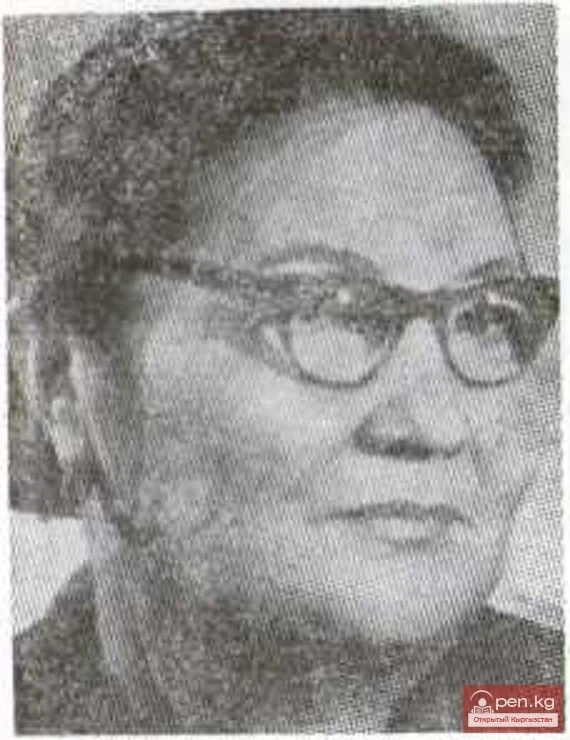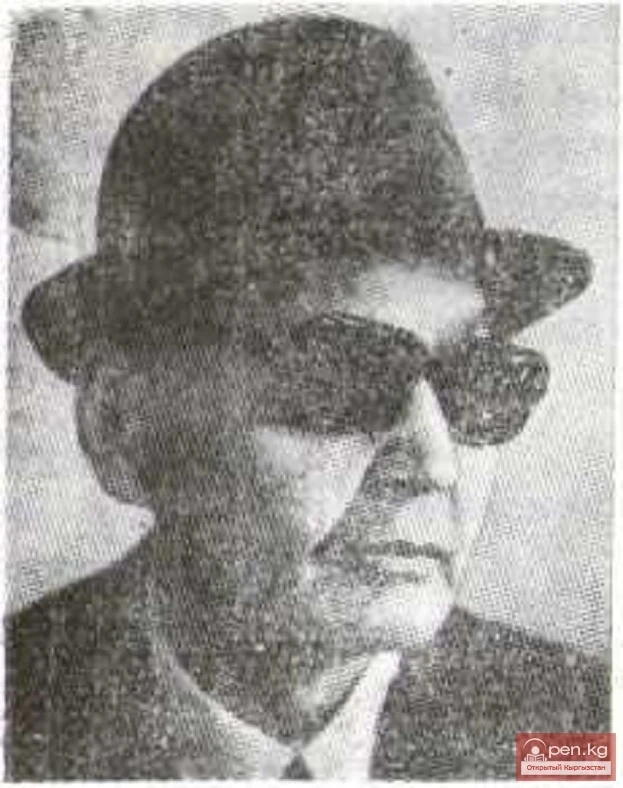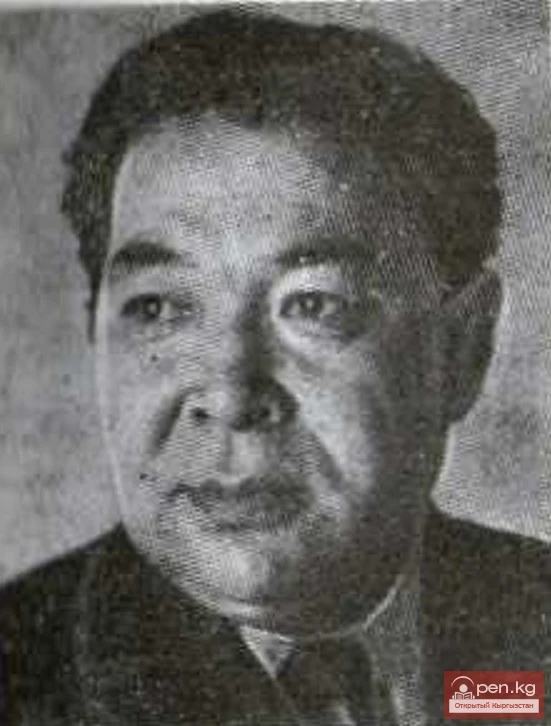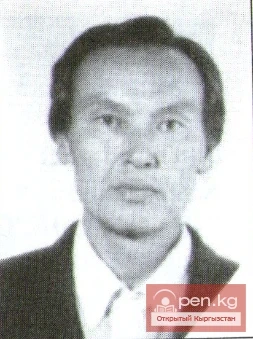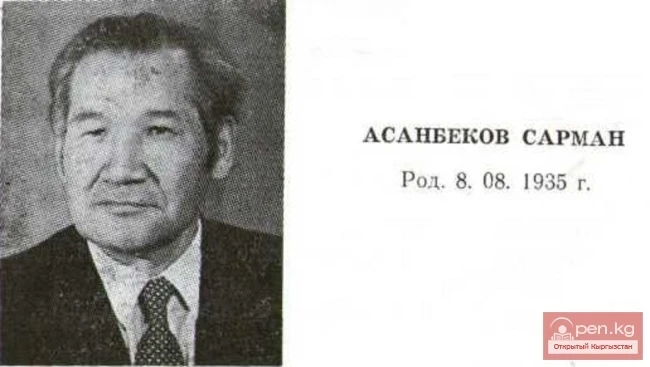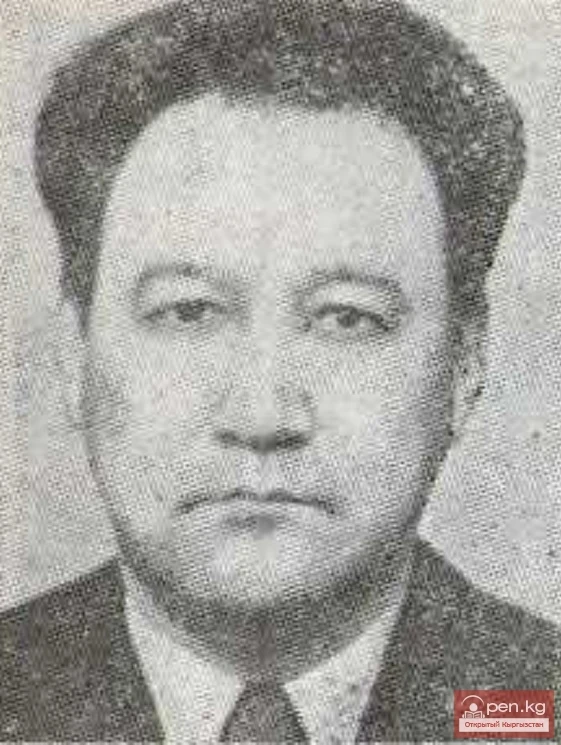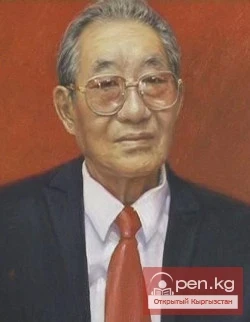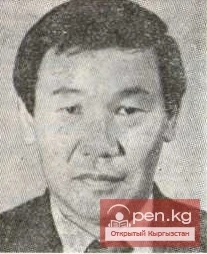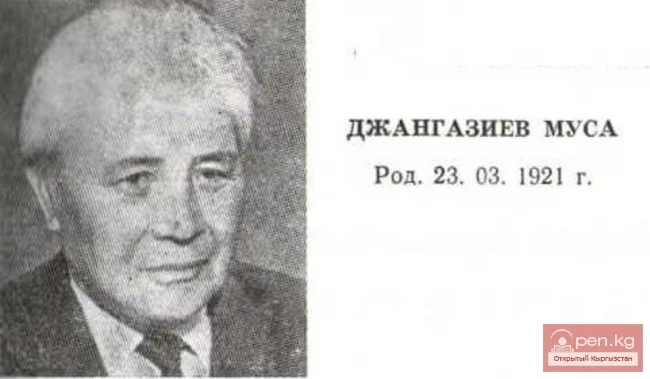Gulbaira was born in 1962 in the village of Nichke, located in the Toktogul district of the Jalal-Abad region. After successfully graduating from school in 1980, she enrolled in a medical college in Frunze, where she studied to become a laboratory paramedic. Her professional career began in August 1983 at the clinical laboratory of the Kara-Kul city hospital, and in 1986 she moved to the city sanitary-epidemiological station, where she held the position of bacteriological laboratory technician.
“At the new place, I worked as a parasitologist technician, as well as an assistant to an entomologist and epidemiologist. Over time, I became a technician of the highest category. I love my job, and I have gotten used to it. Our work requires great attention: we process sanitary analyses and samples from patients. For this, we prepare special media and conduct cultures. During the COVID-19 pandemic, we worked without breaks, collecting samples. Every day, different residents of the city came to us. We worked in any weather and for little money. Thus, I have worked here for 42 years without noticing,” she shares.
Gulbaira also noted that throughout her practice, she managed to identify a case of typhoid fever only once.
“Sometimes, while preparing media for analyses, we stayed late at work and returned home late. Once, we were chased by drunks. At that time, there were no taxis like there are now. My colleague and I even ran away from them. This sometimes makes us laugh when we remember,” she recounts.
Gulbaira mentioned that working during the pandemic was particularly memorable:
“In 2020, when COVID-19 was just starting to spread, we needed to take samples from a person suspected of being infected. Like everyone else, we were afraid of the virus. Together with an infectious disease specialist and an epidemiologist, we went out in special gear. When we arrived, all eyes were on us. The fear was so strong, it felt like we were going to war. After the first sample, we immediately went for the next one, but the person from whom we were supposed to take the sample ran away. We had to call the police, and by the time they arrived, two to three hours had passed. It was very hot that day, and we were sweating a lot in the protective clothing,” she recalls.
On July 4 of this year, Gulbaira was awarded the badge of "Best Healthcare Worker" for her many years of effort. Previously, she had also been recognized with Honorary Certificates from regional, district, and city administrations.
Gulbaira is married and raises three sons, one daughter, and eight grandchildren.
- Every year on the first Sunday of July, healthcare workers in Kyrgyzstan celebrate their professional holiday — Medical Worker’s Day.




